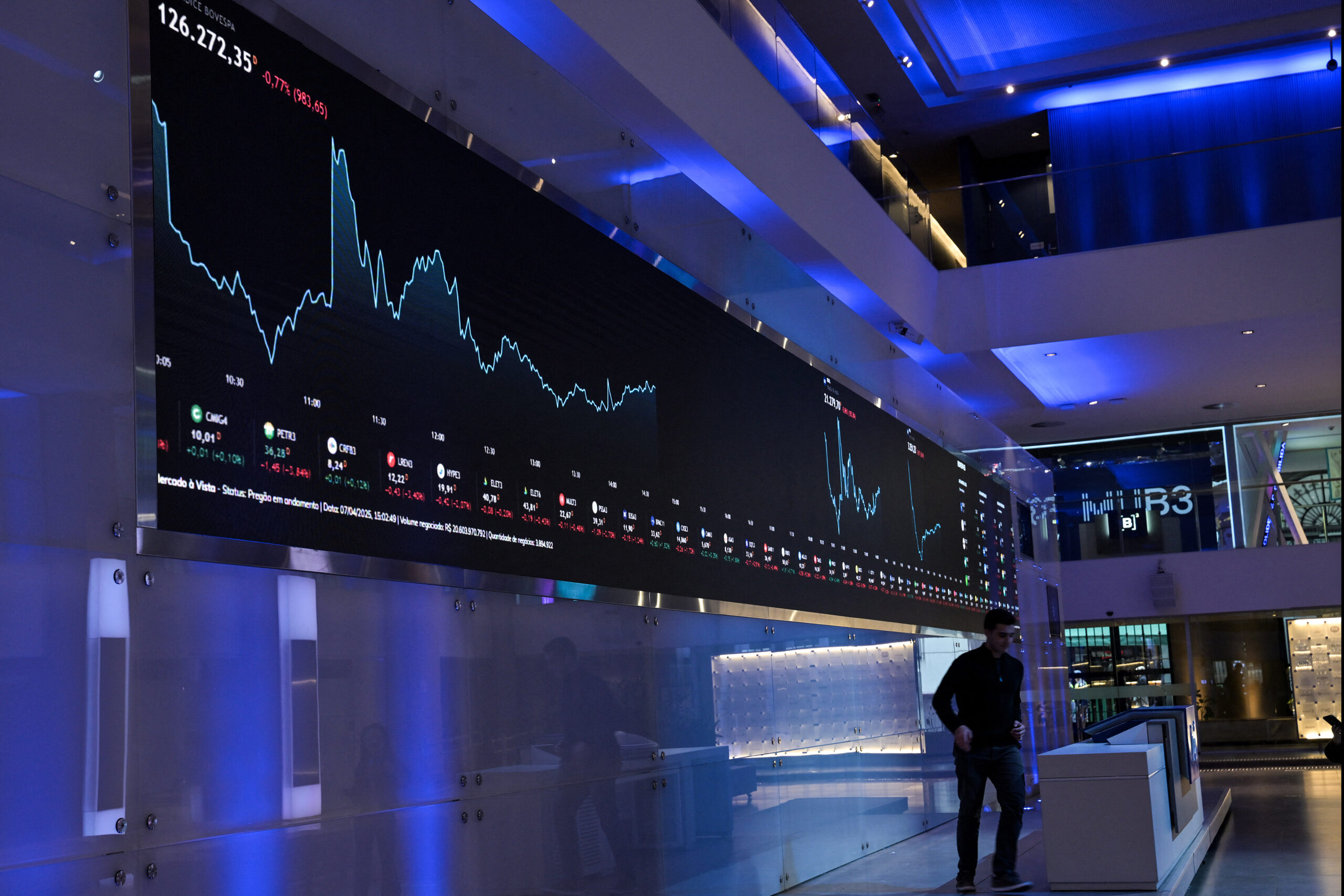- April 16, 2025
Trump could learn from Latin America’s tariff blunders

I know it firsthand, because I was born and raised in Argentina, one of the countries that pioneered the kind of economic nationalism that Trump is pursuing. It failed miserably, turning Argentina from one of the wealthiest countries on earth in the early 20th century into an economic basket case.
Much like Trump wants to do today, Argentina imposed high tariffs on foreign goods in the late 1940s in an effort to industrialize the country. Populist former President Juan D. Peron believed in the theory of “import substitution” industrialization: the idea that if you impose high tariffs on imports, local industries will start producing those goods and create more jobs and economic prosperity.
But what happened was that, after a period of expansion thanks to state protection, local industries became increasingly inefficient. With no foreign competition, they soon raised their prices to increase profits, and stopped investing in innovation. Their products became obsolete, and increasingly impossible to export.
I still remember that, by the early 1970s, Argentine cars and electronics were so poorly made that the word “importado” (“imported”) was synonymous with quality. Having a U.S.-imported product symbolized reliability. Something similar happened in Brazil, Mexico and other countries across the region.
Argentina got into the habit of subsidizing inefficient local industries and printing increasingly more money to try to sustain living standards. Inflation soared, scaring away investments and triggering capital flight. The country had to borrow growing amounts of foreign currency, which led to repeated foreign debt crises.
And all along, corruption soared. In a system where presidents determined which companies were shielded from foreign competition, populist leaders enriched their friends and punished their enemies. In the meantime, everybody got poorer.
President Javier Milei, a free-market economist, is now trying to reverse eight decades of protectionist policies, most recently championed by former President Cristina Kirchner. But Milei faces a difficult task, as millions of Argentines still believe in the Peronist fantasy that industries can thrive with state protection, without foreign competition.
Trump is trying to do with his tariffs today what has failed in Argentina, Brazil and Mexico. He says that his tariffs will bring about a “golden age” of U.S. re-industrialization, in the belief that multinational companies will move their factories from China, Vietnam and Mexico to the United States.
But there is an overwhelming consensus among economists that tariffs didn’t work in Latin America, and they won’t work in the United States. Even if Trump drops his tariffs, the damage has been done, they say: Trump has created such a climate of uncertainty that most countries and major companies will stay away from investing in the United States in the foreseeable future.
Ironically, Trump campaigned as a pro-business candidate who promised to bring down inflation, which is exactly the opposite of what his trade war is likely to accomplish.
“We thought that Trump would be a second Milei, and he turned out to be a second Cristina Kirchner,” Harvard international economics professor Ricardo Hausmann told me, only half-jokingly. He added that Trump “turned out to be a protectionist, an interventionist. What he’s doing is textbook Kirchnerism.”
Trump’s claim that countries that have a trade surplus with the United States “are ripping us off” is fake economics, experts say. That’s among other things because he’s only counting merchandise trade, and not trade in services and other sources of foreign income.
While the United States has a trade deficit in goods, it has a trade surplus in services, and U.S. companies make a significant income from intellectual property rights paid by other countries.
In addition, in today’s “knowledge” economy, where sophisticated Google, Microsoft or Apple software products sell for much more than low-priced textiles or raw materials, it’s bad policy for America to revert to 20th century manufacturing industries.
“It doesn’t make sense for the United States to start making Nike sneakers in this country, instead of importing them from Vietnam,” Diego A. von Vacano, a professor of political science at Texas A&M University, told me. “The United States should try to concentrate on producing higher-value goods.”
Von Vacano concluded in a recent article in the The National Interest magazine that Latin America’s import substitution strategy and the tariffs that went with it “brought about economic dysfunction and stagnation to the region.”
I agree. If Trump doesn’t drop his insane tariffs soonest, the same will happen with the United States.

